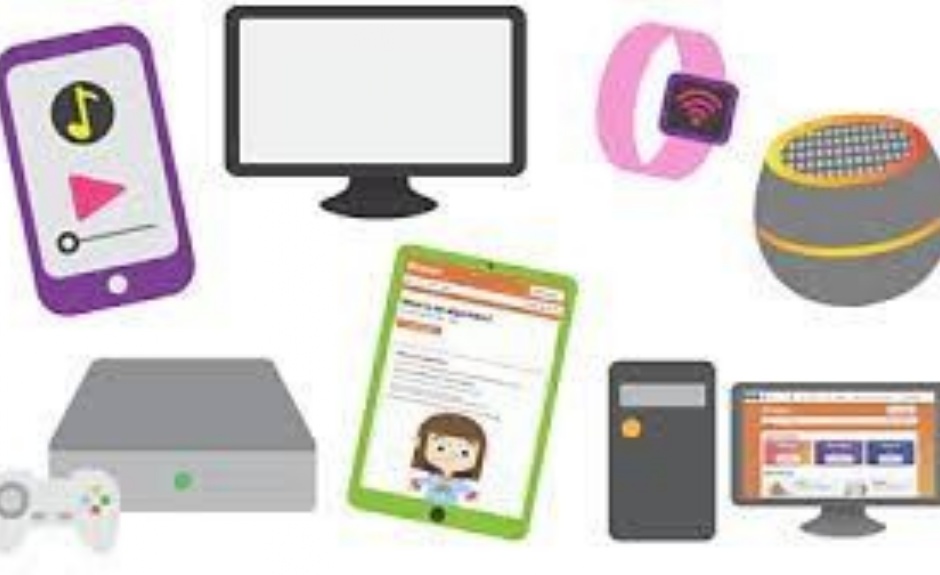Navigating the Way ...

We have spoken about the internet and children’s interaction with it quite a bit this year, both in PSHEe lessons, and during our Wellbeing Matters ‘Live’ sessions.
It is very much an area that we need to remain on top of, and when it comes to our children at home, we must make sure that we are having regular conversations with them about what they are accessing, and with whom they are interacting online.
We have to accept that devices and the ever-evolving online landscape are going nowhere, but that the manner in which we manage these needs to at least attempt to keep pace. This is acknowledged in the latest version of Keeping Children Safe in Education, which was released this week, and a stronger emphasis has been placed on the filtering and monitoring of content that children are exposed to. The responsibility lies with the adults in children’s lives to protect them from the potential harms that sadly do exist.
A lot of inappropriate content that children come across is often accessed unwittingly. A seemingly innocuous online game may be a surreptitious gateway for adults with dishonourable intentions. Online gaming platforms like Roblox, allow users to chat online, play games against each other, and participate in role play. The big concern with platforms like this, is that the use of the chat feature is where some significant risk lies. Unless there are safeguards in place, strangers may be able to communicate with children, and possibly expose them to inappropriate content and messaging. It is very important that we know which platforms our children are using, and make sure that the right web filtering is in place (wherever they access the internet) to protect them from dangerous individuals.
A device policy is a helpful way to assist families manage their use in the home. Agree on places in the house where devices may be used, and places that are device-free areas. Children’s bedrooms should be device free, as their access to the internet should not happen in a place that is unsupervised, or where it may interfere with their sleeping patterns. Many teenagers will argue that they use their phones as their alarm clock, however, there are some good old-fashioned alternatives available; something akin to Bill Murray’s radio alarm in Groundhog Day! The dinner table is also an important place to protect, as genuine, meaningful human interaction at meal-times is a brilliant way to reset and ground ourselves in the reality of human relationships.
The amount of time spent on devices is also something to watch. The average time spent on devices by young people averages out at 9 hours per day in the UK. This is a staggering figure, and makes one wonder when this happens, as they are at school most of the time. Unregulated device use is prolific, and is another reason to keep devices away from the bedroom. Setting up some time when the wi-fi is switched off is a good way to manage time spent on devices for the whole family. Planning what it is they want to do on their devices in the time allowed is also a healthier way for children to engage, rather than falling prey to the time thief that our devices can be.
I don’t think any of us have all the answers, and our children are many steps ahead of us when it comes to understanding the technology that has become so ubiquitous in our lives. The main point, I think, is that we are having good conversations with our children, and setting healthy boundaries in our relationships with our devices.
Craig Cuyler
Assistant Deputy Head/Director of Wellbeing
Head of PSHEe/Deputy DSL/ Assistant Housemaster









